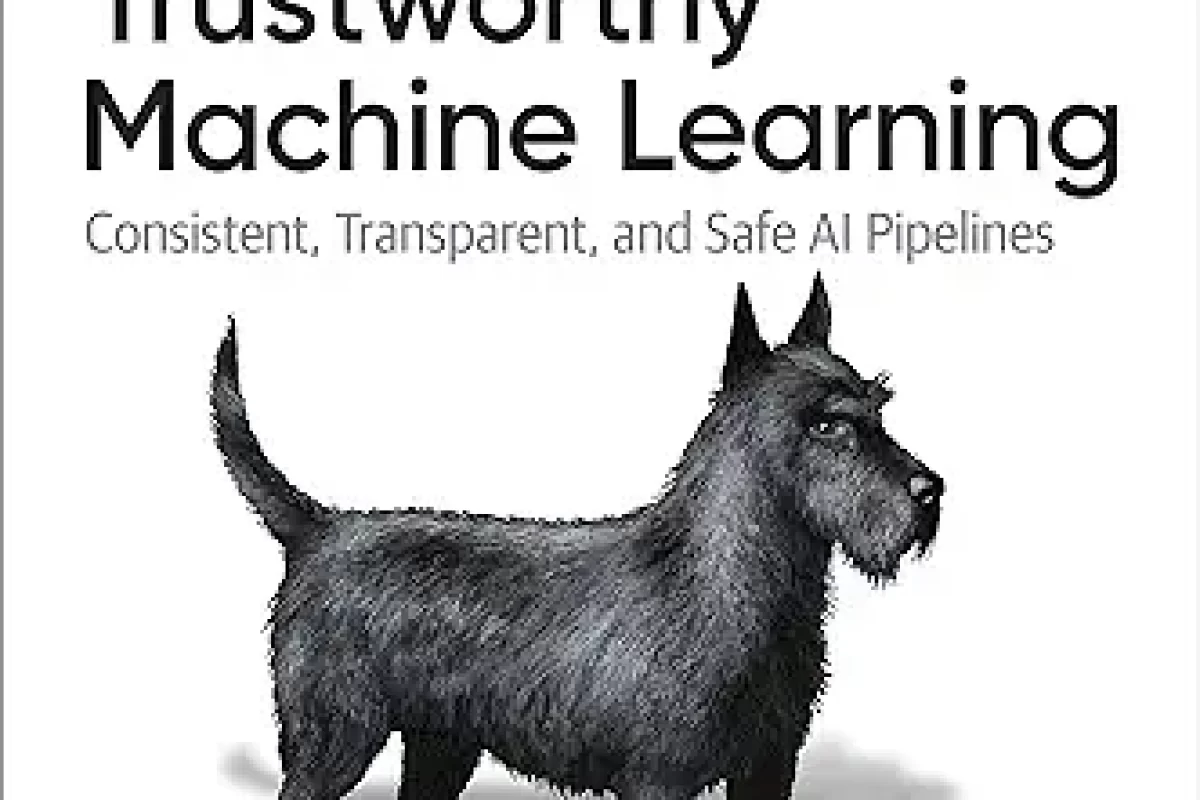In an era where artificial intelligence is no longer confined to the realm of science fiction, the ethical implications of machine learning have come to the forefront of our collective consciousness. As we navigate this brave new world of AI, “Practicing Trustworthy Machine Learning” emerges as a beacon of wisdom and guidance, offering a comprehensive roadmap to building AI systems that are not only powerful but also trustworthy and ethically sound.
Authored by an ensemble of leading experts in the field, including Emily M. Bender, Tim Rocktäschel, and Chris Wallace, this book is a timely and vital contribution to the discourse on ethical AI. Spanning 600 pages, it offers an in-depth exploration of the multifaceted challenges surrounding trustworthy machine learning. The authors’ collective expertise shines through, making the book accessible to both newcomers and seasoned practitioners in the field.
The book’s structure is both logical and user-friendly. It begins by laying a solid foundation, introducing readers to the fundamental concepts of machine learning and ethics. This is a crucial starting point, as it ensures that readers of all backgrounds can follow along and understand the importance of ethical considerations in AI development.
One of the book’s standout features is its emphasis on real-world applications and case studies. The authors don’t just delve into abstract ethical theory; they ground their discussions in practical scenarios. These case studies illustrate the complexities and nuances of ethical decision-making in machine learning, from healthcare to autonomous vehicles. This approach helps readers connect theory to practice, making the content more engaging and applicable.
“Practicing Trustworthy Machine Learning” also excels in its treatment of fairness, bias, and transparency in AI systems. These are some of the most pressing issues in AI today, and the book provides a comprehensive examination of various techniques and tools to address them. The authors emphasize the importance of an interdisciplinary approach, drawing on insights from philosophy, social science, and law to inform ethical decision-making in AI.
The book’s exploration of fairness in machine learning is particularly noteworthy. It goes beyond the basics, delving into advanced topics like adversarial debiasing and fairness-aware machine learning. This depth is essential for practitioners who aim to build AI systems that can stand up to rigorous ethical scrutiny.
Moreover, the book provides a roadmap for integrating ethical considerations into the machine learning pipeline. It outlines best practices for data collection, model development, evaluation, and deployment. This comprehensive approach ensures that ethics are not just an afterthought but are embedded into every stage of the AI development process.
The chapter on interpretability and explainability is another highlight of the book. The authors recognize that trust in AI systems depends on our ability to understand how they make decisions. They introduce various techniques for making AI models more interpretable, such as LIME and SHAP, and discuss the trade-offs between model complexity and interpretability. This is essential reading for anyone concerned with the “black box” problem in AI.
While “Practicing Trustworthy Machine Learning” is undoubtedly a valuable resource, it is not without its challenges. Given the rapidly evolving nature of AI and ethics, some of the content may become dated over time. However, the authors mitigate this issue by providing references to the latest research and resources, allowing readers to stay up-to-date with the field’s developments.
In conclusion, “Practicing Trustworthy Machine Learning” is a comprehensive and insightful guide to navigating the ethical complexities of AI. It provides both a theoretical foundation and practical tools for building AI systems that are not only powerful but also responsible and trustworthy. Whether you’re a newcomer to the field or a seasoned practitioner, this book is an essential addition to your library. In an age where the ethical implications of AI are more critical than ever, this book serves as a roadmap to a more responsible and ethical future for machine learning.




